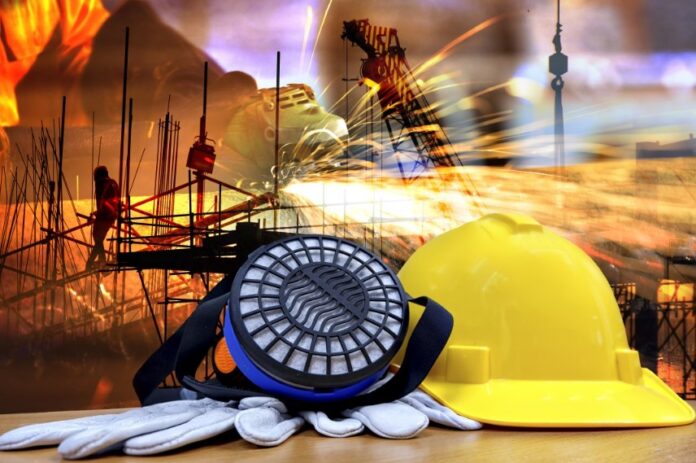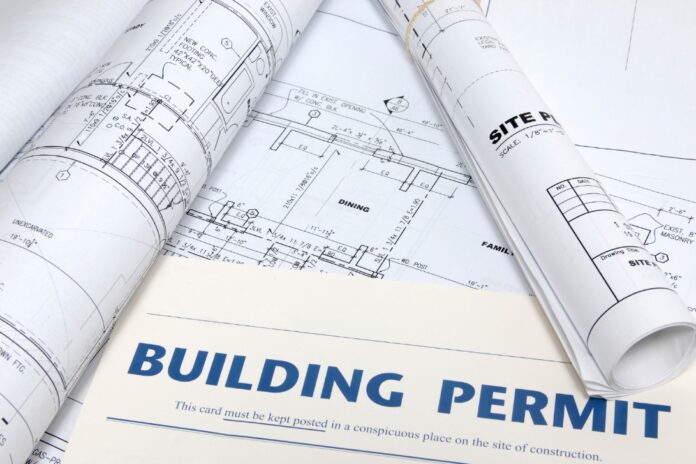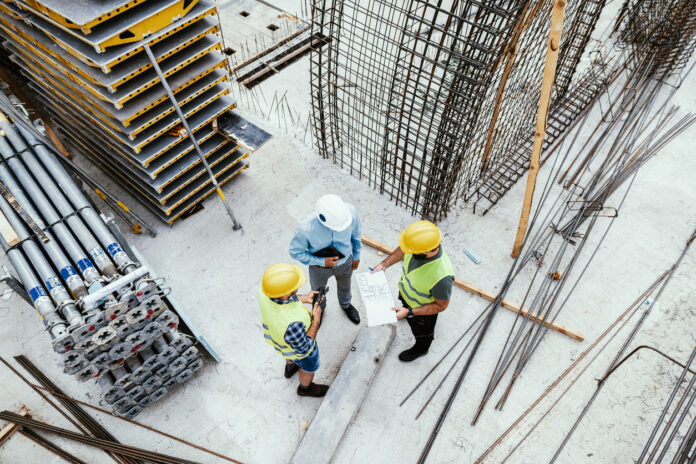
Industrial construction can feel like a giant puzzle with a thousand tricky pieces. From keeping up with rules to handling surprises, there’s always something that needs your attention. But don’t worry- you’re not alone!
Understanding the legal challenges can help you avoid headaches, save money, and keep your project on track.
In this article, we’ll dive into the top legal compliance issues you might face and share some tips to help you stay ahead. Curious to learn more? Keep reading to make sure your next project goes off without a hitch!
1. Environmental Regulations
Environmental rules are getting stricter every day. Governments are more concerned than ever about pollution, waste, and carbon emissions.
As a result, you need to ensure your project meets all environmental regulations. This can include things like waste disposal, managing air and water pollution, and using sustainable materials.
Ignoring these rules can mean paying big fines or facing project shutdowns. It’s a good idea to have someone on your team who understands these regulations. Consulting with ESG compliance lawyers can also help you make sense of the requirements.
2. Health and Safety Standards

Industrial construction can be risky. With heavy equipment, tall structures, and hazardous materials, the safety of your workers should be a top priority. Governments set strict health and safety standards to prevent accidents.
Following these standards isn’t about avoiding fines-it’s also about keeping your team safe. You’ll need to make sure you have the right safety gear, proper training programs, and regular inspections. If you cut corners, you might end up dealing with lawsuits or even criminal charges if someone gets hurt.
3. Labor Law Compliance
Labor laws are another big challenge in industrial construction. These laws cover everything from worker wages to working hours and conditions. If you don’t follow these rules, you might face penalties, or your workers might file complaints.
There are also rules about hiring practices, including the use of subcontractors. Make sure your subcontractors are following labor laws, too.
Otherwise, you could be held responsible for their violations. Staying on top of labor law changes can be tough, so regular updates and training for your HR team can be very helpful.
4. Zoning and Land Use Laws
Before starting a project, you need to ensure the site is zoned for industrial construction. Zoning laws determine what activities can take place on a piece of land. If the area isn’t zoned for what you’re planning, you’ll need to apply for a variance, which can be a lengthy and complicated process.
Also, be aware of land use restrictions, such as rules about building near protected areas like wetlands. Violating these laws can result in delays or even force you to stop construction. It’s best to work with legal experts who can guide you through the zoning and land use process to avoid these issues.
5. Permits and Licensing

Permits and licenses are a must for any industrial construction project. Without the right permits, you could be forced to halt your project or even tear down completed work. Different permits are needed for different aspects of construction, like electrical work, plumbing, and demolition.
The rules can vary depending on the location of your project, so it’s essential to understand the local requirements. Keeping track of permits and ensuring they are renewed on time is crucial to keeping your project on schedule.
6. Contractual Obligations
Contracts play a big role in industrial construction. They outline the responsibilities and expectations of everyone involved, from contractors to suppliers and clients. If a party fails to meet the terms, it could lead to disputes and legal battles.
To avoid problems, it’s important to have well-written contracts that define roles, deadlines, and payment terms. Also, make sure all parties understand their obligations and agree on the terms before any work begins. Regular contract reviews can help catch potential issues before they become costly problems.
7. Building Code Compliance
Building codes are there to ensure structures are safe and meet quality standards. These codes cover everything from fire safety to structural stability. Ignoring building codes can lead to fines, failed inspections, or even having to redo parts of your project.
To avoid these setbacks, make sure you know the codes that apply to your project and follow them. Building codes can be updated, so keep up with the latest changes and ensure your team is aware of any new requirements.
8. Insurance and Liability Coverage

Having the right insurance is crucial for protecting yourself and your business. Industrial construction insurance requirements include worker’s compensation, liability coverage, and property insurance. Failing to have the right coverage can lead to legal issues if something happens, like a worker’s injury or property damage.
It’s also important to understand your insurance policy limits. For instance, does your coverage include subcontractors, or do they need their coverage? Understanding these details can save you from unexpected costs and legal troubles down the road.
Why Legal Compliance Matters
Legal compliance in industrial construction is not about avoiding fines or legal issues. It’s about ensuring your project runs, your workers are safe, and your reputation stays intact. Ignoring any of these challenges can lead to serious consequences, from project delays to costly lawsuits.
By understanding these top 8 legal compliance challenges, you can better prepare for your industrial construction project. Taking the time to ensure compliance from the start will save you headaches, time, and money in the long run.
The Role of Legal Experts in Navigating Compliance Challenges

Dealing with these compliance challenges can be tricky, and it’s fine to seek help. Legal experts who specialize in construction law can help you navigate the rules, including safety regulations, and steer clear of common pitfalls.
They can provide valuable guidance on contract reviews, insurance policies, regulatory reporting, and environmental regulations. If you need help with ESG compliance or other specialized areas, consulting with experts will help you stay on track.
Final Thoughts on Legal Compliance in Industrial Construction
Legal compliance might seem overwhelming, but it’s a crucial part of industrial construction. Staying on top of these challenges helps you avoid delays, fines, and other costly problems.
By understanding the rules around permits, safety standards, contracts, and more, you’ll be better prepared to handle whatever comes your way. Remember, a well-planned approach to legal compliance can make all the difference in keeping your projects running. Take the time to get it right, and your industrial construction projects will thrive.
Keep browsing our website for more helpful articles!





